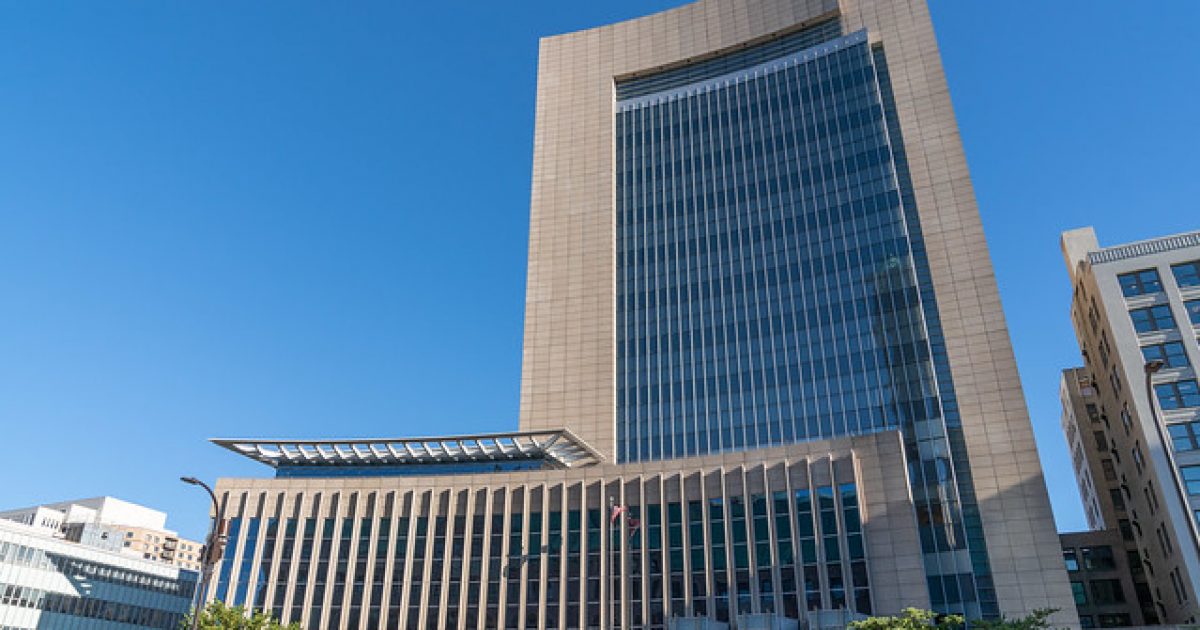
According to a report from the West Central Tribune, law enforcement agencies seized 3 percent more property involved in crimes during the calendar year of 2018 than the previous year.
Although the increase in the amount of properties seized was not that large, the money the state confiscated in cash and sale of forfeitures increased by 18 percent based on a report from the State Auditor’s Office.
317 law enforcement agencies in Minnesota carried out 8,091 forfeitures last year, whereas 7,852 were conducted in 2017. The majority of those, approximately 61 percent, were vehicles that the state took from drivers who were convicted of driving under the influence.
State auditor Julie Blaha said at a Capitol press conference “So this really is a story about drug and alcohol use and abuse.”
Under state law, property connected with crimes can be confiscated. Generally speaking, the person committing the crime has their property taken away.
The net receipts from the seizure and sale of 4,895 forfeitures were about $8.3 million last year. This represents an 18 percent increased from the previous year. The remaining 3,196 forfeitures were returned, destroyed or not counted in the figures for other reasons.
These numbers show that Minnesota still has work to do on the civil asset forfeiture front. The state currently has a D+ rating from the Institute for Justice’s Policing for Profit index.
Minnesota should follow states like Alabama, Arkansas, and Michigan in overhauling its asset forfeiture practices by bringing accountability into the mix— requiring convictions and making an effort to de-emphasize prosecuting non-violent drug crimes.



